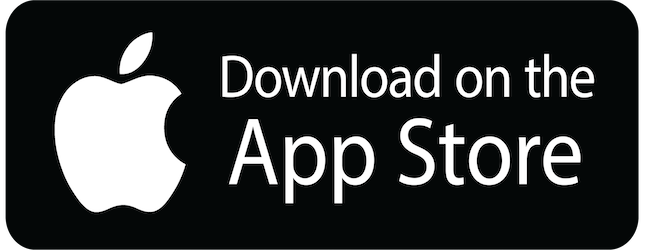Excited or exciting, interested or interesting, etc.
English learners often have trouble figuring out whether to use the "-ing" ending or "-ed" ending for adjectives that express emotions. Some examples of these adjectives are:
- exciting/excited
- interesting/interested
- boring/bored
- amazing/amazed
- confusing/confused
An easy way to remember
The easy way is to memorize these two sentences:
I'm so excited.
It's so exciting.
Seriously, just memorize both of these and you'll soon understand the difference intuitively.
A more detailed explanation
"__ing" describes a quality that something has. You can use "-ing" for both people and things:
PhraseMix is really interesting!
When you use it to describe people, you're talking about their qualities. So a "confusing" person makes other people feel confused:
Professor Hardy can be really confusing sometimes!
"__ed" describes feelings that someone has.
If you say that you're "bored", it means that you feel bored. If you say that Mark is "annoyed", it means that you think that he feels annoyed:
I can tell that Mark is annoyed. He keeps giving me angry glances.
You can only describe people with "-ed" adjectives, not things.
Print this Article




